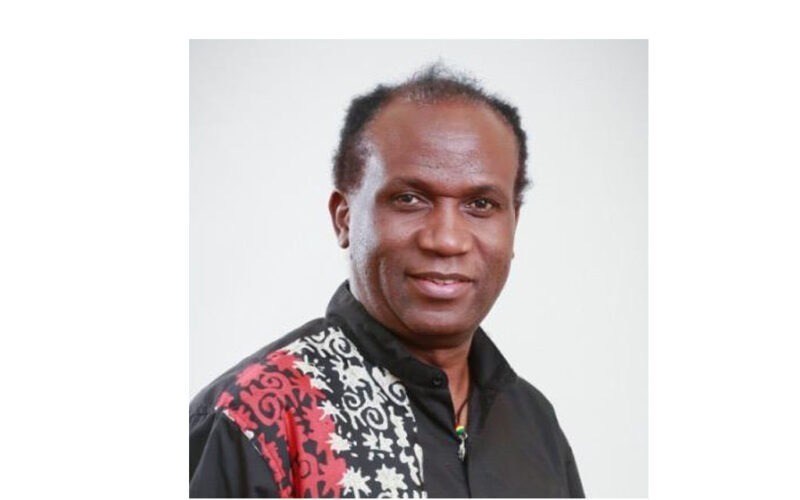Mathew T Haikali
Am just saying, the dream of professionalizing sports in Namibia will remain out of reach unless there is a shift in the mindset of those leading the sector. Despite claiming to be passionate about sports, many leaders have failed to prioritize the long-term development of the industry.
All I am saying is that this stagnation is evident in how teams, clubs and academies continue to rely on handouts and grants without showing genuine commitment or the accountability expected of professional organizations.
I still remember a time when a major bank pledged N$2.5 million annually over three years to three premier league teams. That level of investment is a stark contrast to the current situation, where teams struggle to stay afloat without external assistance.
Am just saying that this backward slide in vision and leadership is disheartening and raises questions about whether our sports leaders truly understand the challenges and opportunities at stake.
For sports teams, clubs and organizations to thrive, they need leaders who are both capable and dedicated—people who treat running a club like running a business. Strong leadership requires a clear vision, one that aligns stakeholders and drives everyone toward a common goal. Leaders cannot simply occupy positions; they must actively build sustainable systems.
Am just saying that unfortunately, what we often see are individuals in power who, through inefficiency or even deliberate obstruction, stifle the growth of teams and deny young athletes opportunities to reach their potential. This isn’t just incompetence—it’s a failure to embrace modern principles of sports management.
Gone are the days when one person could single-handedly manage a sports team. Today, sports management requires a variety of specialized skills, from finance and marketing to logistics and talent development.
Am just saying, many clubs in Namibia still operate like informal businesses, with leaders attempting to juggle multiple roles—acting as tellers, accountants, stocktakers, and even waiters. The result is often disastrous.
If we are serious about developing our sports sector, it’s essential to equip leaders with the necessary tools and knowledge to succeed. This includes requiring formal education in sports management and providing capacity-building programs at every level.
The African Union Region 5 strategic plan highlights the importance of leadership induction and certification as prerequisites for holding office. Namibia should adopt this framework fully to encourage professionalism and accountability across the sector.
Am saying that the sports sector must break away from its culture of dependency and excuses. Clubs cannot expect to attract substantial funding unless they demonstrate an ability to manage resources effectively and create value.
Investors need to see the worth of what they’re supporting before committing money. Unfortunately, Namibian sports often fail to highlight the value of their key assets—players, teams, and competitions.
Am just saying, how can a club expect to run operations costing N$250,000 annually while relying on just a N$20,000 grant? This glaring mismatch reflects a deeper issue: the lack of entrepreneurial thinking among sports leaders.
Anyone in business will tell you that success begins with proving your capability, accountability, and value. Sports leaders must adopt the same mindset.All I am saying is that Namibia has a unique opportunity to redefine its sports identity as it prepares to host the African Union Region 5 Games in July 2025. This event is the perfect stage to showcase our sports brand to the region and beyond.
However, this can only happen if we adopt a professional approach to organizing, managing, and marketing our sports offerings.
It’s time for a collective mindset shift. Sports leaders in Namibia need to acknowledge the urgency of systemic change and take their roles as agents of progress seriously.
Am just saying, leadership inductions and capacity-building programs must become non-negotiable prerequisites. Clubs must also prioritize professionalism, accountability, and entrepreneurial thinking.
If we want Namibian sports to thrive, we must act now to professionalize the sector. This isn’t just about securing funding; it’s about creating a sustainable ecosystem where talent can flourish, resources are managed responsibly, and the value of sports is recognized and celebrated. Let’s seize this opportunity to lay a strong foundation for the future of Namibian sports.
By taking bold steps today, we can ensure that our athletes, clubs, and organizations achieve their full potential—and that the sports sector becomes a source of national pride and inspiration.
Mathew T Haikali I Managing Member I Just Imagine SPORTS I Box 20739, Windhoek
M: +264 85 522 0647 I E: rootzkrew@gmail.com I E2: matts@iway.na




